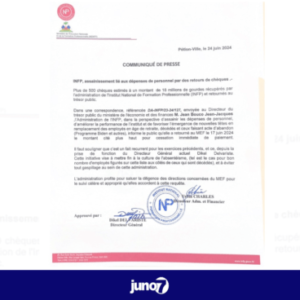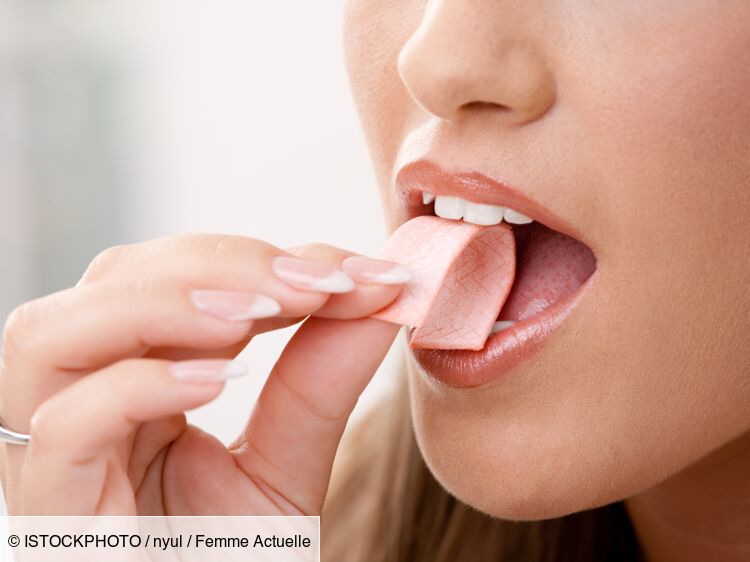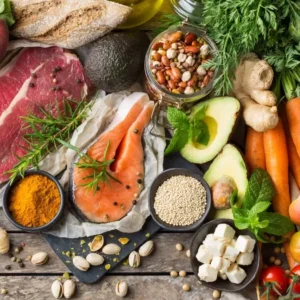Sweets, pastries, chewing gum, xylitol is found in many everyday foods. This is’a sweetener “zero calories”. Researchers at the Cleveland Clinic looked at the effects of xylitol on cardiovascular health. They found that consuming high amounts of the sugar alcohol xylitol increased the risk of cardiovascular events like heart attacks and strokes. Their results are published in theEuropean Heart Journal.
Xylitol, an artificial sweetener, may increase the risk of cardiovascular disease
“Xylitol is a sugar substitute commonly used in sugar-free candy, chewing gum, baked goods, and oral products like toothpaste”, present the researchers in a press release. They specify that over the last 10 years, “the use of sugar substitutes, including sugar alcohols and artificial sweeteners, has increased significantly in processed foods presented as healthy alternatives”.
Researchers therefore wondered about their impact on cardiovascular health. To do this, they based themselves on the health data of more than 3,000 patients living in the United States or Europe. The researchers analyzed the amount of xylitol present in platelets, a component of blood, in the volunteers.
The experts had access to the participants’ medical data, which allowed them to assess the occurrence of cardiovascular events. From these initial results, the researchers noted that a third of the patients had the highest quantity of xylitol in their plasma. The latter were more likely to suffer a cardiovascular event.
Xylitol causes blood platelets to clot, according to researchers
But what are the consequences of this substance on the body? The researchers asked participants to drink a drink containing 30 grams of xylitol or a sugary drink with 30g of glucose. Then the researchers analyzed the participants’ blood. After analysis, the researchers note that “Xylitol caused platelets to clot and increased the risk of thrombosis”. In addition, experts have “found that every measure of clotting capacity increased significantly immediately after ingestion of xylitol, but not glucose.”
However, Dr. Hazen, president of cardiovascular and metabolic sciences at the Lerner Research Institute of the Cleveland Clinic, wishes to reassure in a press release by specifying that “This does not mean that you should throw away your toothpaste if it contains xylitol, “but we need to be aware that consuming a product containing high levels could increase the risk of blood clot-related events.” Also, the authors call for further research into the effects of artificial sweeteners.
Sources :
- Xylitol is prothrombotic and associated with cardiovascular risk – European Heart Journal.
- Cleveland Clinic-Led Study Links Sugar Substitute to Increased Risk of Heart Attack and Stroke – Cleveland Clinic (communiqué)











